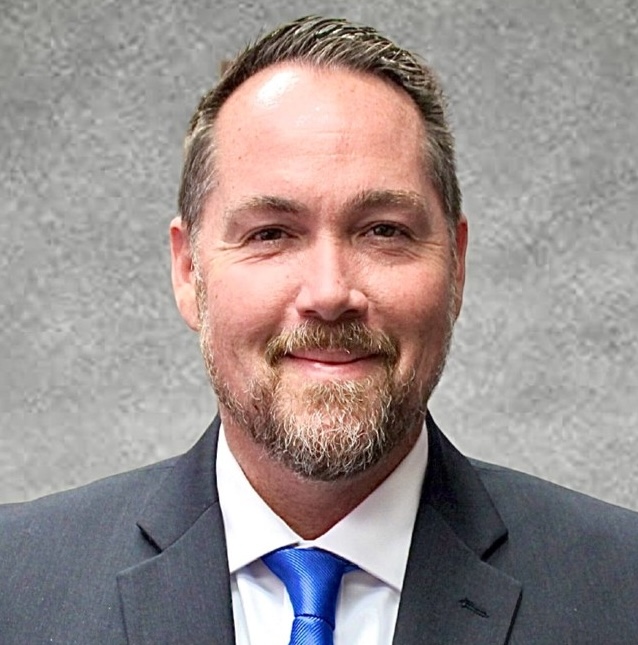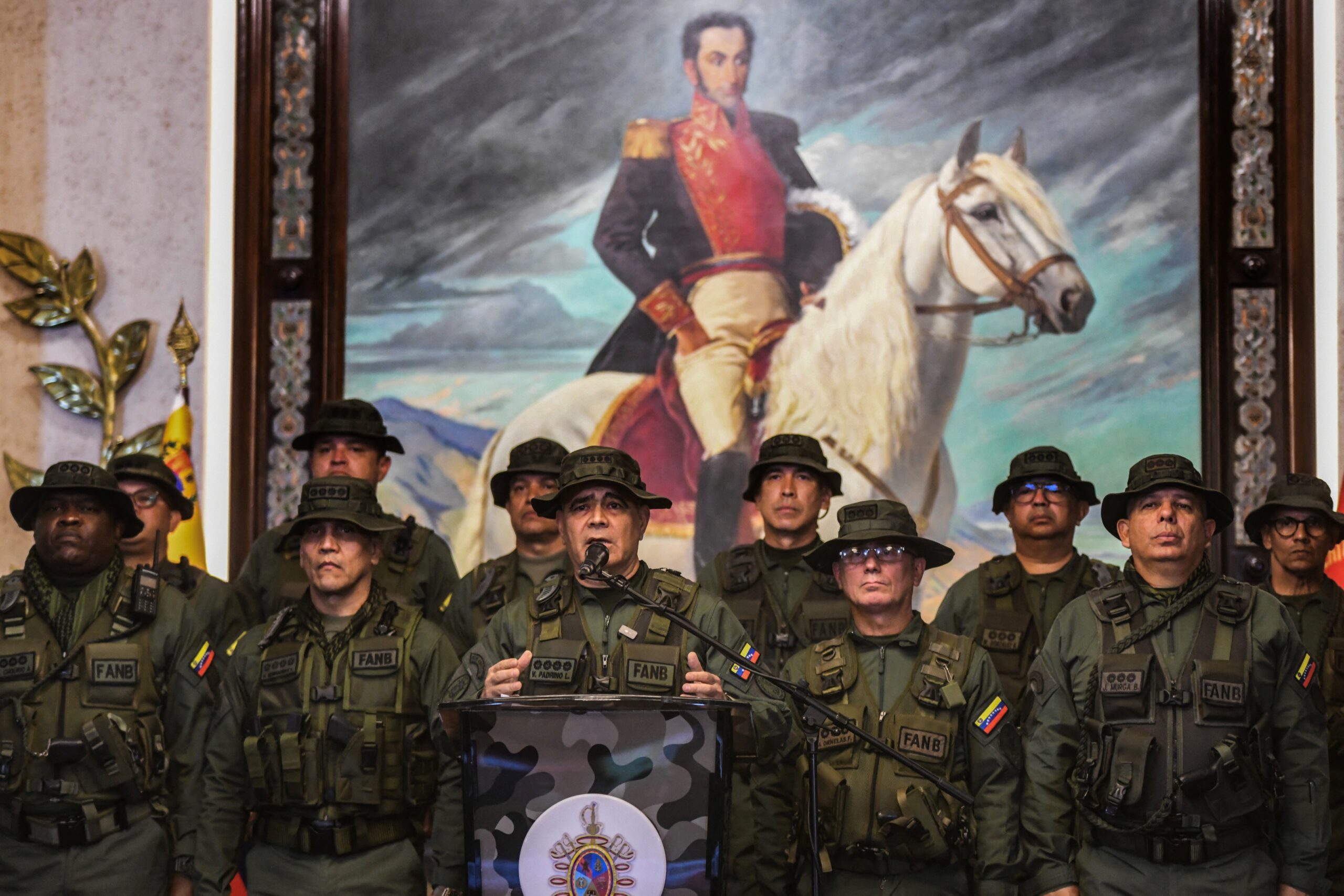As national and international pressure builds up for Venezuela’s regime to release vote tabulation of the July 28 presidential election, dictator Nicolás Maduro is leading the charge against the “enemies” of the state in a desperate effort to stay in power. Despite his maneuvers, it remains uncertain whether he will be able to maintain his position in the presidential palace of Miraflores in the long term, and his political survival depends on a few anchors and cleavages. Though there are no signs that the regime is on the edge of loosening its hold, there are a few things to watch in the days and weeks ahead.
Military loyalty to Maduro is key to the regime’s continuation. Earlier this week, Venezuela’s Defense Minister Vladimir Padrino López went on national television to denounce a “fascist destabilizing plan,” referring to protests and efforts made by opposition leaders Edmundo González Urrutia and María Corina Machado to give voice to social discontent after what seemed to be a government attempt to overturn the results of the election. Both politicians face a probe amid a protest crackdown. As expected—and flanked by more than a dozen officials—Padrino López reaffirmed his unwavering loyalty to the head of state.
But if significant portions of the military begin to refuse orders, engage in dialogue with opposition leaders, or even join protests, it would signal a shift away from Maduro. Influential military leaders often express public support for the opposition before a regime concession. Military leaders are likely to prioritize the unity of the military institution over keeping Maduro in power, provided they receive convincing concessions from the opposition.
Additionally, the military could fracture at different levels (e.g., senior leadership, NCOs, mid-ranking military officers, etc.). Military leaders must weigh whether to break with Maduro or remain loyal. If they defect and the opposition fails, they will face severe repercussions from a likely consolidated Maduro regime. If they delay defecting for too long, the opportunity to distance themselves from the government will vanish, and they will face repercussions from the opposition taking power.
For now, the military appears steadfast behind Maduro. More than two decades of coup-proofing have made it difficult for the military to break—appointing loyalists to key positions, involving military officials in corruption and illicit activities to tie their survival to the regime, creating rivalries between military branches, using Cuban intelligence to identify potential cracks within the military, and fostering deep distrust of the opposition. Furthermore, Maduro has tried to keep the military from serving as the primary source of repression against massive social unrest.
Political internal division
Elite fracture is also an essential indicator of a sinking ship. Examples of elite fracture among political elites might include critical figures within the government or senior appointed military leaders openly criticizing Maduro or resigning. The political elite face the same challenge as military leaders regarding the timing of when to break with the Maduro regime.
Many in the political elite are deeply involved in patronage, corruption, and even criminal activities, and they stand to lose significantly if a transition occurs. This likely explains why much of Venezuela’s political elite remains united despite some notable defections in recent years. For those who wish to distance themselves from Maduro, migrating to the U.S. or Spain is often preferred over publicly criticizing the regime at home.
Loss of support from international allies is also a critical indicator. China and Russia are the most important, but left-leaning governments in the region, like Brazil, Colombia, and Mexico, also matter and could add pressure on Maduro. Countries deeply engaged in Venezuela, like China and Russia, lose if they fail to build bridges with the incoming opposition quickly or remain dug in behind Maduro for too long. For example, China has engaged Venezuela’s opposition in the past to shore up its interests if the opposition were to come into power—namely, ensuring that Venezuela pays off its debt. Russia, on the other hand, has different interests and would like to keep a U.S. adversary in power in Venezuela. If Maduro were to fall, both countries would likely distance themselves quickly.
Brazil, Colombia, and Mexico seek impartial verification of the results and facilitate talks between the two sides. The three countries and Chile will likely not recognize the election—doing so could backfire on them—and instead insist on a new contest at some point in the future. Large-scale migration is another significant factor impacting neighboring countries such as Brazil and Colombia. Both countries act as negotiators primarily to prevent the conflict from spilling over into their territories or undermining the broad interests of the Latin American left.
Other signals
Even if today’s political scenario looks like it is heading toward a polarized dead end, observers should also monitor if Maduro starts making symbolic gestures or significant concessions; it will also indicate he’s under pressure from inside the regime or external actors that matter.
Additionally, rapid economic downturn—hyperinflation, shortages of essential goods, spikes in unemployment—can erode the regime’s support base and push it towards negotiation. Although Venezuela has survived dire economic hardship, a rapid economic collapse, widespread protests, and intensifying international pressure could catalyze some of the above to play out.
Recent events confirm that Maduro is not willing to relinquish power, making it crucial to continuously monitor changes in military loyalty, elite cohesion, international support, economic stability, and regional migration impacts. These indicators will provide valuable insights into Venezuela’s potential for regime change. However, these signs need to be made evident. The Maduro regime is fighting for survival, but if a concession occurs, it will happen swiftly.






